Australian Open hopes for strong finish after Djokovic debacle
3 min readDeported from Melbourne last Sunday, Novak Djokovic has since visited a monastery in Montenegro where he appeared at peace with his absence from the Australian Open.
But the furore sparked by the world number one's arrival to his deportation on the eve of his title defence still simmers despite the action switching from law courts to hardcourts.
The second week of the Australian Open is set to begin and organisers will hope an administrative version of a tennis adage rings true.
You cannot win a Grand Slam in the first week, but you can certainly lose one.
The pre-tournament volatility amplified historic concerns about the major’s vulnerability but Tennis Australia (TA) hope a stirring and secure second week will put the Djokovic debacle behind them.
TA declined to comment to Reuters on its handling of the Djokovic issue but tournament director Craig Tiley on Sunday blamed "forever-changing conditions" and "miscommunication" with the government for the saga in an interview with state broadcaster ABC.
The “Happy Slam” branding has been tarnished, though several players including men's third seed Alex Zverev have firmly backed Tiley and the tournament.
This is despite a hat-trick of horrors in recent years, starting with the smoke haze that engulfed the 2020 tournament and the quarantine debacle that unfolded last February.
Twice in the past four years, reports of players mulling boycotts have overshadowed the Australian Open, most recently when onerous COVID-19 quarantine protocols were in place for 2021.
Tour officials were asked to leave a players meeting in 2018 as Djokovic raised concerns about the percentage of prize-money on offer relative to tournament revenue.
Supporters of Djokovic, including American player Tennys Sandgren, have called for the Australian Open to be stripped of its Slam status over his deportation, while others demanded Tiley resign.
China's growing ambitions in the sport has prompted some to suggest it could stage a Grand Slam should a spot open up on the calendar, with Australian great John Newcombe saying in 2014 it appealed as a logical destination.
Anil Khanna, then president of the Asian Tennis Federation, backed the idea of a major in the region.
'No way that will happen'
The cost of hosting last year’s biosecure tournament saw it exhaust cash reserves of A$80 million ($57 million) and borrow A$40 million more, placing TA under financial pressure.
COVID-19 crowd caps introduced in January also dented optimism this year.
But almost 43,000 fans attended on Saturday to take the tally for the first six days to 184,361 and the gloom about the tournament’s future is far from widespread.
Australian Peter Johnston, who has vast administrative experience on the WTA and ATP Tours, said Melbourne Park is the envy of the tennis world.
A new 5,000-seat stadium, the sixth on a site already boasting three with retractable roofs, opened last week as part of a A$1 billion ($718 million) upgrade of the facility over the past decade.
The Australian Open has backing from the government until 2044 and Johnston, formerly the deputy tournament director, said there is no risk of it losing Slam status.
The Grand Slam Board, comprising the four majors, has had its disagreements but Johnston said the alliance is as strong as ever.
"There is a common misconception that you can lose your Grand Slam status," he said.
"The fact is that the Grand Slams have an alliance between them. Get rid of that notion. There is just no way that will happen."
Spaniard Pablo Andujar, a member of the ATP Players Council, said the tournament had been good to players, regardless of Djokovic's treatment.
"That cannot be forgotten,” he told Reuters.
“I cannot imagine the four Grand Slams without the Australian Open. Our sport is built in history and we cannot forget it."
For the latest news, follow us on Twitter @Aaj_Urdu. We are also on Facebook, Instagram and YouTube.

















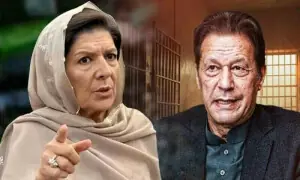
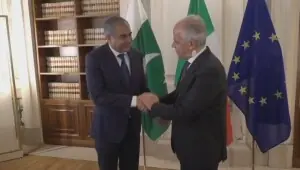
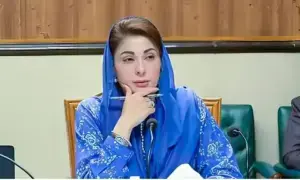
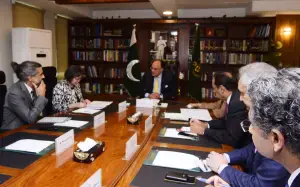


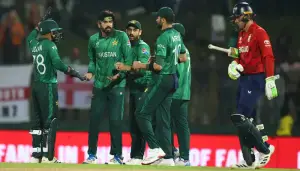

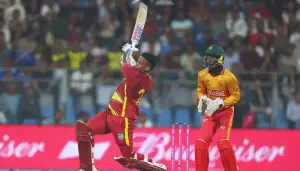
Comments are closed on this story.